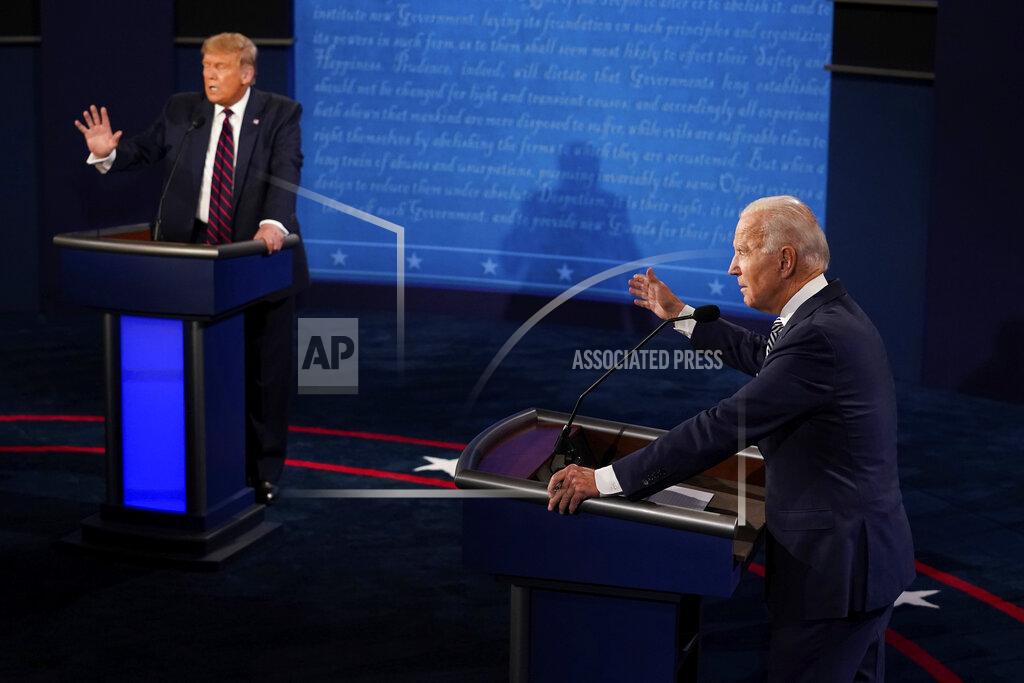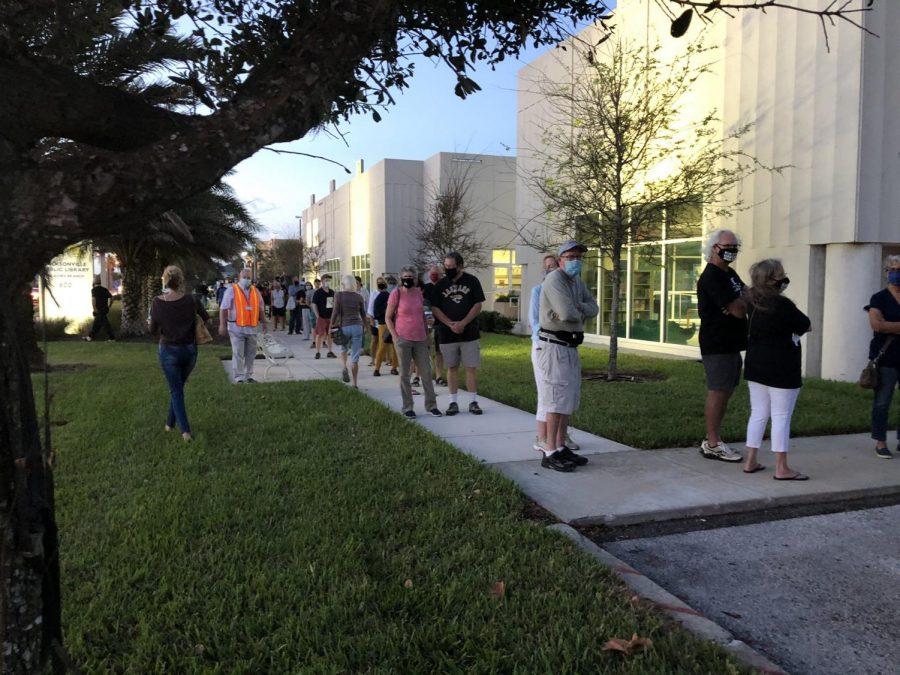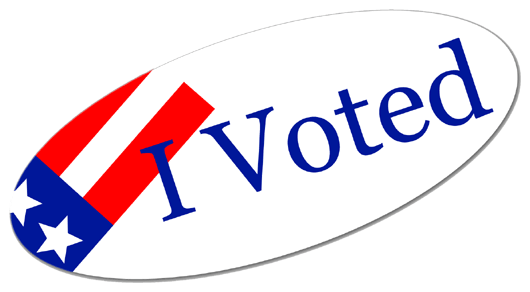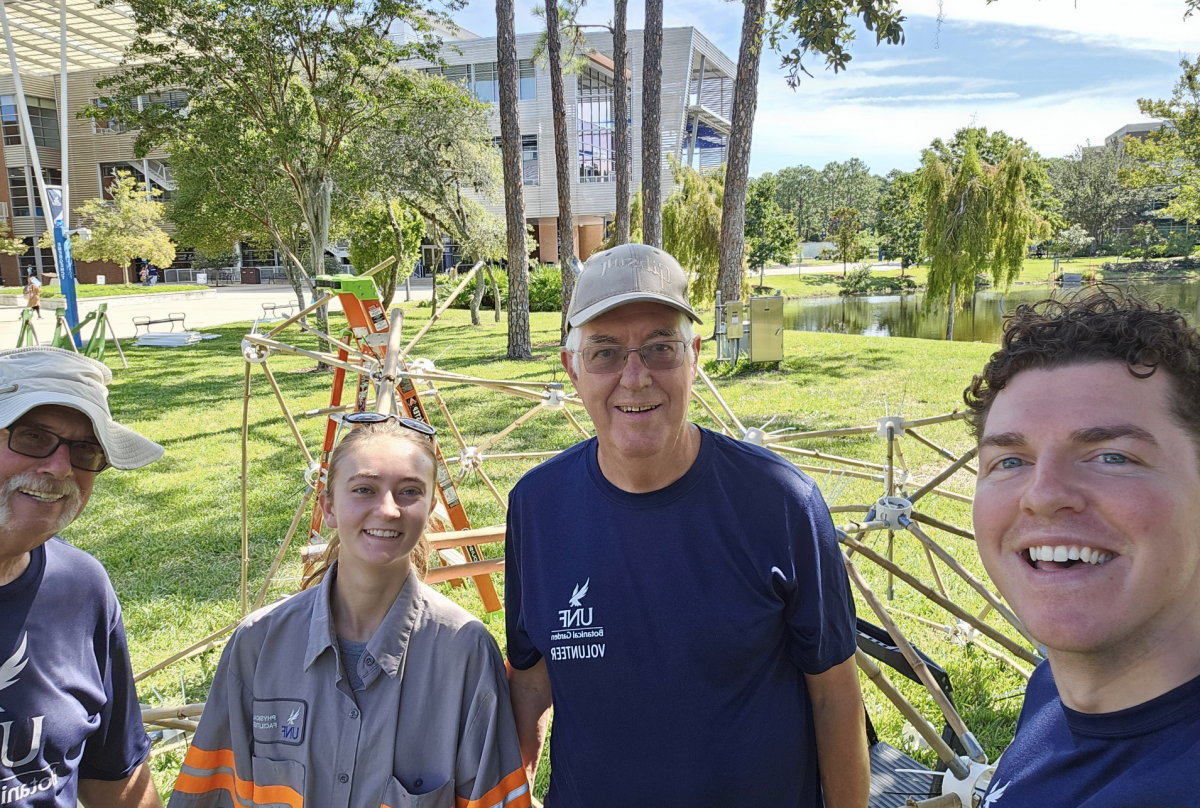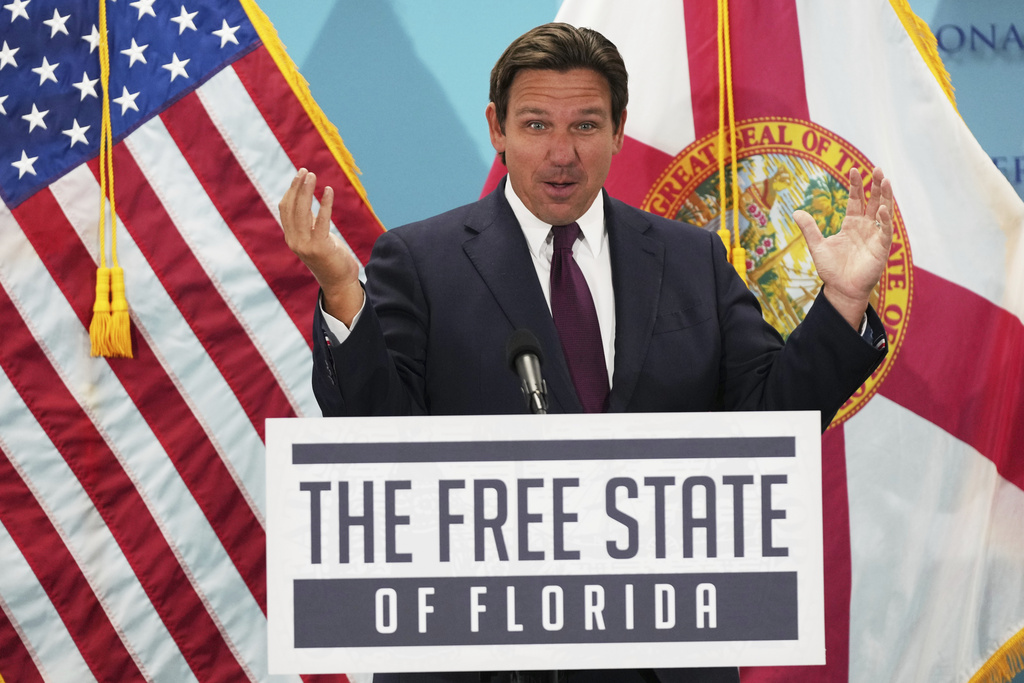It’s no secret that Americans are divided over Trump and Biden. But there’s more to look out for on the November ballot, including the six proposed constitutional amendments Floridians will vote on.
According to the Florida Division of Elections, Amendments 3 and 4 are citizen-initiated. Once the Division approves the petition format, citizen sponsors can collect signatures supporting their proposed amendments.
To get an initiative on the ballot, petitioners must collect a signature count greater than or equal to 8% of votes in the last presidential election per Article XI, Section 3 of the Florida Constitution. This year, petitioners must earn 891,523 signatures to fulfill this requirement.
Amendments 3 and 4 are the citizen initiatives on this year’s ballot. If it gets 60% supermajority approval from Floridian voters, Amendment 3 will legalize recreational marijuana for adults ages 21 and up.
Amendment 4 would institute a constitutional right to abortion before fetal viability (about 24 weeks after conception) or when necessary to protect the patient’s health.
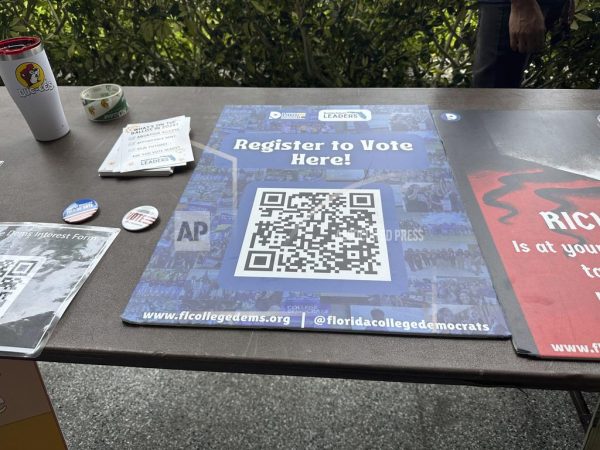
The other four amendments were initiated by the Florida House and Senate and required at least 60% approval from each to be put on the ballot.
Amendment 1 would change Florida school board elections from nonpartisan to partisan, meaning candidates would be identified by their political party. If passed, this change would take effect in November 2026.
Amendment 2 would establish a constitutional right to hunt and fish in Florida, which has already been established in 23 other U.S. states.
If Amendment 5 passes, inflation adjustments to the homestead exemption would begin. Florida residents are eligible for up to $50,000 in non-school property tax exemptions if the property is registered as their permanent residence. The amendment would have this amount adjusted yearly for inflation.
Finally, Amendment 6 would repeal Section 7 of Article VI of Florida’s Constitution. This would end public campaign funding for candidates for governor, attorney general, chief financial officer or commissioner of agriculture. It was adopted through the approval of Amendment 11 in 1998.
Susan Trudeau from the University of North Florida’s Community-Based Learning said some students find it challenging to get out and vote this fall for several reasons. She explained why student votes are so important and how UNF tries to make voting easier.
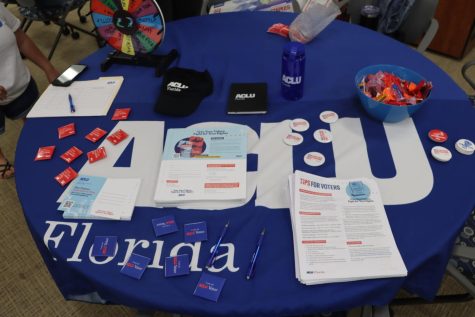
Trudeau is the coordinator for Osprey Vote, an on-campus, student-led organization that links students to voting resources.
Osprey Vote helps Floridian students register to vote in Duval County, even if their permanent address is not in Jacksonville. This saves students from traveling far distances to vote in their home county if they live on-campus at UNF.
Osprey Vote also works with Motivote, an app that helps students investigate different candidates’ initiatives and draft a plan to vote on sample ballots with complete privacy protection.
Trudeau said voter apathy among students is an obstacle Osprey Vote is working to overcome.
“The message [that students] think [not voting] sends is that they don’t like the two-party system, they don’t like the two candidates… but it actually just sends the message that they’re just apathetic in general,” she said.
For now, Trudeau said the easiest way for students to make a difference in this year’s election is to spread the word on social media and educate themselves and others about different perspectives.
“It’s very important to vote because you’re exercising your right to be heard,” said Trudeau. “The only way to make change is for students to vote.”
The organization offers internships and volunteer credit for students who want to get involved. It is working on establishing an on-campus early voting location for the August Florida primary election and plans to host several events in the fall semester.
___
For more information or news tips, or if you see an error in this story or have any compliments or concerns, contact editor@unfspinnaker.com.





